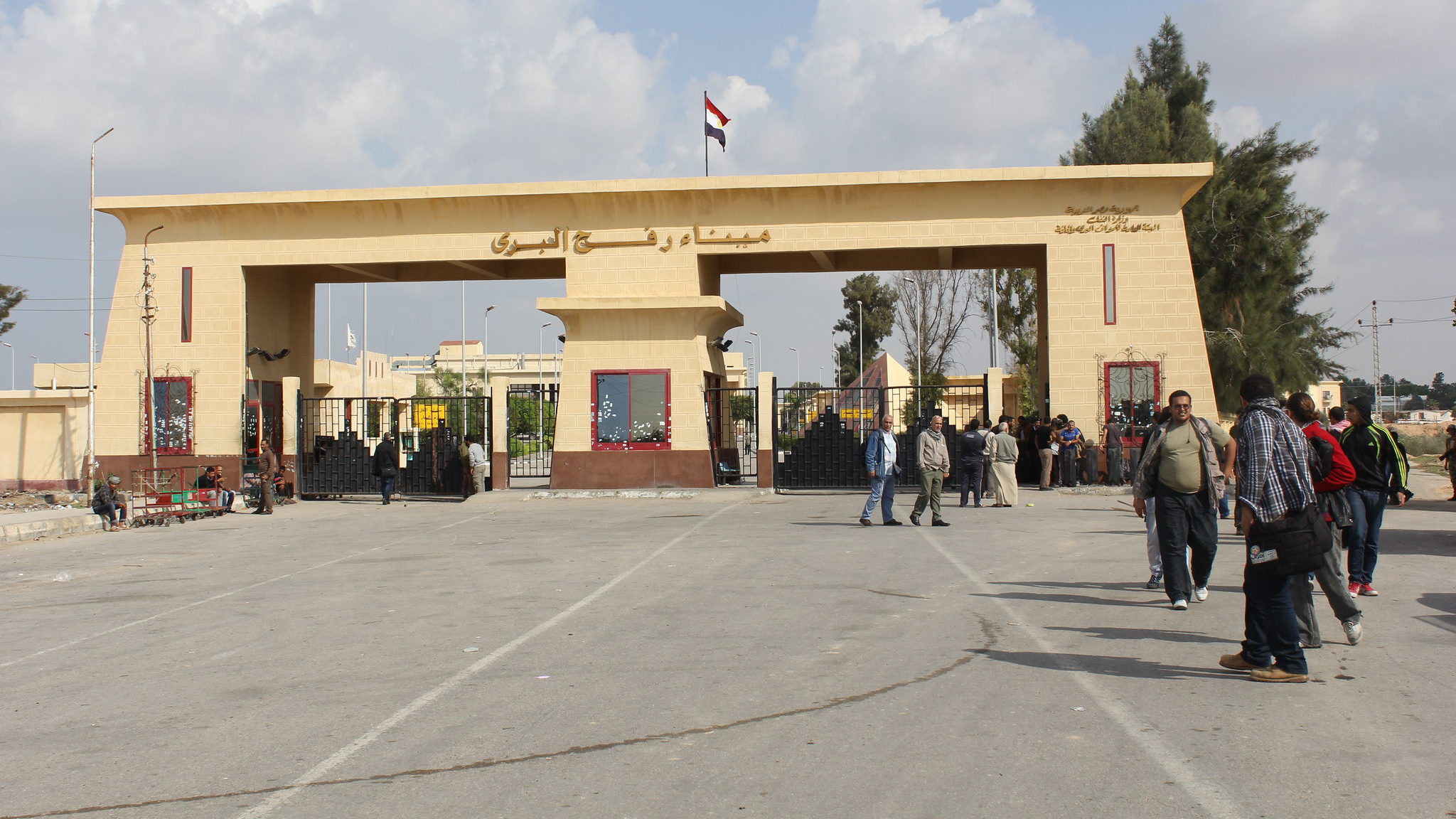Egypt: Difficult Decisions Toward Israel
An-Nahar, Lebanon, May 31
Since the signing of the peace agreement between Egypt and Israel, the concept of normalization has remained a contentious issue. Egyptians have largely resisted embracing normalization, limiting interactions with Israel to the bare minimum. Consequently, official relations have remained lackluster and distant. Israeli policies, actions, and crimes against Palestinians over the past seven months have stoked anger in Cairo. This fury intensifies as hostilities approach the Egyptian border, particularly along the Philadelphi corridor and Palestinian neighborhoods in Rafah, which is near the border. The situation is exacerbated by Israel’s control over the Rafah crossing. Sunday’s massacre likely reinforced Egypt’s belief that Israeli ambitions will persist, compelling Cairo to potentially make difficult decisions in the near future. Egyptians have a profound reverence for their military and are highly sensitive to any remarks or insinuations perceived as disrespectful to the armed forces. They view the military as the foundation of the state and are quick to react to policies and positions from other nations that they perceive as underestimating the army’s ability to respond to threats against national security. This sensitivity explains their vehement responses to the offensive campaigns by the terrorist Brotherhood organization against the army and its personnel. Egyptians’ pride in their military is further emboldened whenever Israeli officials make statements that undermine Egypt’s strength and capacity to handle geopolitical challenges on its eastern border. This backdrop heightened the impact of a series of aggressive messages Cairo issued in response to accusations from ministers in Netanyahu’s government. These accusations blamed Cairo for the worsening conditions in the Gaza Strip by refusing to open the Rafah crossing, thereby preventing Palestinians from leaving for the Sinai Peninsula. An American press report further alleged that Egyptian mediators were responsible for the failure of negotiations between Israel and Hamas. Egypt’s indignant reactions were swift and multifaceted, aligning into a unified and firm stance. An official Egyptian source challenged the validity of claims that attributed the failure of peace negotiations to Egypt, demanding proof of such allegations. Furthermore, the source emphasized Egypt’s efforts to expedite temporary solutions to deliver fuel to Gaza hospitals that had ceased to function. Cairo made it clear that it intended to import aid through the Kerem Shalom crossing until the Rafah crossing resumed normal operations. Egypt is adamant about maintaining control over the Rafah crossing, refusing to comply with any Israeli attempts to dominate it, in respect for the Palestinian cause. Egypt insists on rejecting any policy of imposed realities that Israel attempts to implement, reinforcing that the Rafah crossing remains an Egyptian-Palestinian gateway. Egypt will route aid through arrangements coordinated with the Palestinian Authority and will steadfastly oppose any endeavors to undermine the Palestinian cause or isolate Gaza from the rest of the world. The resolute Egyptian position was underscored by the declaration from the defense minister and commander-in-chief of the army, Lt. Gen. Mohamed Zaki, who assured that the armed forces are fully capable of addressing any challenges. Zaki highlighted Egypt’s historical role in supporting the Palestinian cause and stressed that current situations are managed with the utmost sensitivity. Before October 7, relations between Egypt and Israel were tense, primarily due to Israeli actions against Palestinians. Nonetheless, these frictions never escalated to threats of war or limited military engagement. During Egypt’s anti-terrorism campaign in Sinai, the army focused on demolishing tunnels between Rafah’s Egyptian and Palestinian territories. The military resorted to flooding the border area with seawater to collapse unsupported tunnels, ensuring they could not be reused. Persistent efforts by the Military Engineers Corps ensured these tunnels were neutralized indefinitely. Despite Israeli provocations and transgressions against Palestinians, Cairo has consistently refrained from issuing outright threats, opting instead for assurances of readiness to protect national security. Egyptians’ unity in outlook aligns with their leaders’ strategies. While no one desires war, Egyptians firmly believe that should war be imposed, they will respond unhesitatingly. —Mohamed Salah (translated by Asaf Zilberfarb)
Give the gift of hope
We practice what we preach:
accurate, fearless journalism. But we can't do it alone.
- On the ground in Gaza, Syria, Israel, Egypt, Pakistan, and more
- Our program trained more than 100 journalists
- Calling out fake news and reporting real facts
- On the ground in Gaza, Syria, Israel, Egypt, Pakistan, and more
- Our program trained more than 100 journalists
- Calling out fake news and reporting real facts
Join us.
Support The Media Line. Save democracy.



